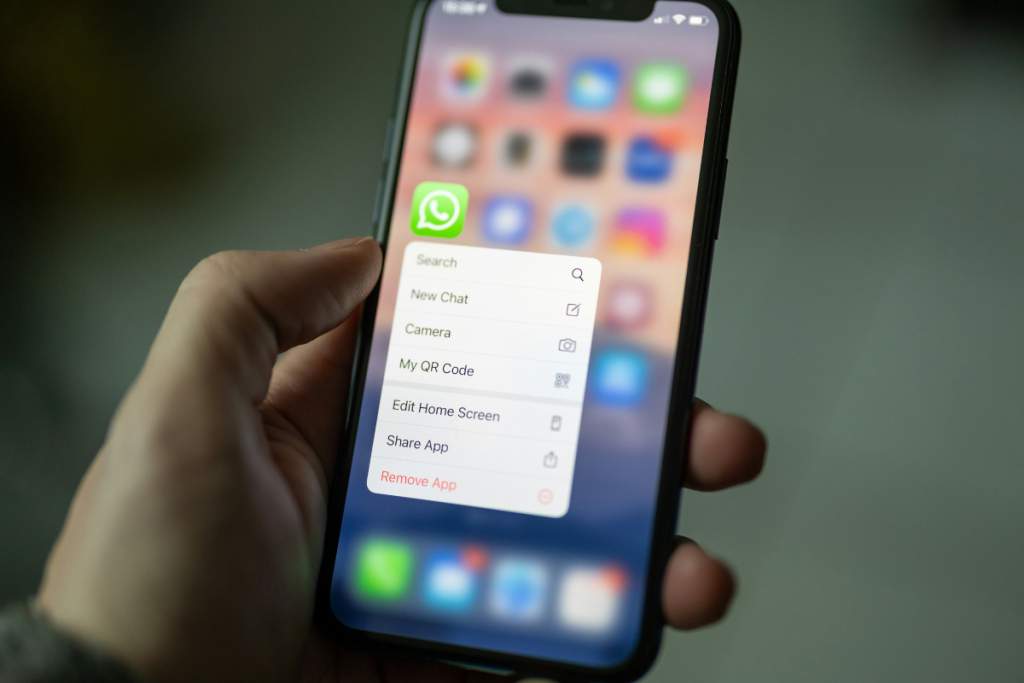WhatsApp threatens to shut down its services in India if it is forced to compromise its end-to-end encryption. The messaging giant and Meta (parent company of WhatsApp) filed a plea at the Delhi High Court challenging India’s 2021 IT rules for social media intermediaries. Their primary concern is the requirement to identify the initial source of information and share it with the government.
Although WhatsApp and Indian courts have had multiple conflicts in the past, the messaging giant has taken a tough stance this time. Tejas Karia, representing WhatsApp, said, “As a platform, we are saying, if we are told to break encryption, then WhatsApp goes,”.
What’s the primary reason behind this big clash between WhatsApp and the Indian government? And why is WhatsApp threatening to leave its biggest market with more than 400 million users? Let’s dive into the details.
WhatsApp’s Problem With India’s IT Rules 2021
Fake news and harmful content have been a problem with social media platforms. They can cause distress among the public and are seen as a threat to public and national security. The IT rules were established to restrict such content.
The IT Rules 2021 orders social media platforms to appoint key compliance offers and publish monthly compliance reports. The IT rules also demand that these platforms identify the first originator of messages. This is where WhatsApp disagrees.
Media files and messages sent over WhatsApp are end-to-end encrypted. This means only the sender and receiver can see them, not even WhatsApp. This end-to-end encryption would be compromised if they had to trace the first originator, and WhatsApp doesn’t want it.
Access to this data would make it easy for authorities to address harmful content and take strict against the first originator, but it also sparks debate over users’ privacy.
The messaging platform argues that breaking the encryption would violate the users’ fundamental rights to privacy.
“There is no such role anywhere else in the world. Not even in Brazil. We will have to keep a complete chain and we don’t know which messages will be asked to be decrypted. It means millions and millions of messages will have to stored for a number of years,”, Karia said.
Kirtiman Singh, appearing for the central government, defended the regulations, weighing on the need to trace message originators.
Delhi High Court has set a hearing date of August 14 for the petitions filed by WhatsApp and Meta.
Only time will tell if WhatsApp will survive in India. However, India strongly needs its own data privacy law to safeguard user data and the company’s privacy practices.







